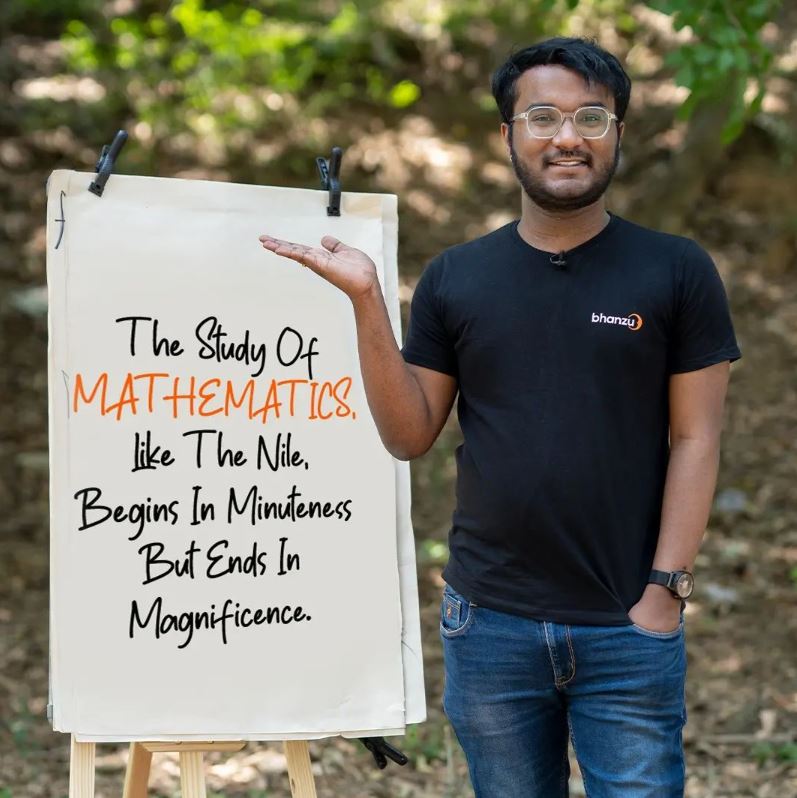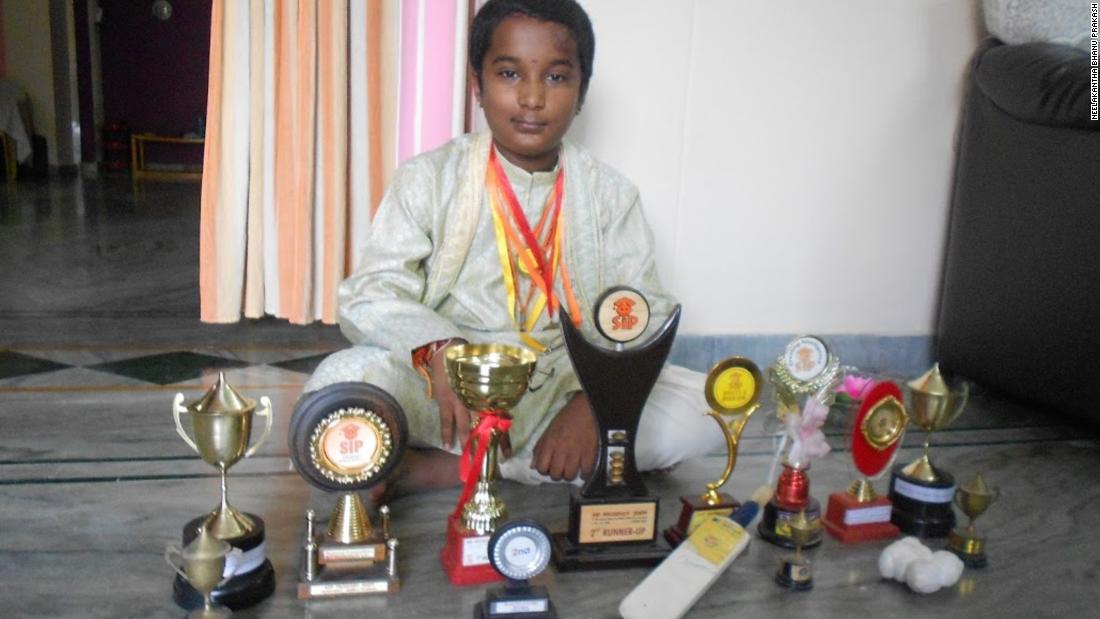(May 3, 2023) In 2020, a 20-year-old Neelakantha Bhanu Prakash broke human computer Shakuntala Devi’s record when he won India’s first ever gold medal at the Mental Calculation World Championship held in London. He wasn’t just the first Indian but also the first Asian to claim a gold and the BBC went on to report, “You could say Neelakantha Bhanu Prakash is to maths what Usain Bolt is to running.”
This was his competition debut and Neelakantha managed to defeat 29 opponents from 13 countries. He was so fast that judges made him jump through more hoops and make even tougher calculations to confirm his extraordinary accuracy.
Three years have passed since then and the Hyderabad based youngster has visited more than 23 countries, conducted more than 500 stage shows and impacted two million students with a mission to eradicate maths phobia. Neelakantha, who holds 50 Limca records for his extraordinary math calculations founded his company Bhanzu, a math ed-tech platform that aims to revolutionise the global math learning landscape. In 2022, Forbes featured the Global Indian in its 30 Under 30 Asia list, for making a difference to the math learning environment through his social entrepreneurship.

Neelakantha Bhanu Prakash
Making adversity an advantage
Born in in Eluru in Andhra Pradesh, Neelakantha suffered a head injury in 2005, which left him bedridden for one year. However, instead of being bogged down by adversity, he picked up math and mental calculation as a hobby and worked to hone his skills. When he finally recuperated, he entered the competition circuit.
“My parents were told I might be cognitively impaired. So, I picked up mental maths calculations for survival, to keep my brain engaged,” he told the BBC in an interview.
Over the years, the math stalwart has bagged many gold medals and has held world records for fast arithmetic calculations. He has also won the International Speed Math Championship ’13 and the National Speed Math Championship ’11 and ’12. In 2015, he won the Math Genius Award.
After he graduated from Bharatiya Vidya Bhavan’s Public School (Vidyashram) Hyderabad, he went on to study at St. Stephen’s College, Delhi and earned a BSc honours degree in Mathematics.


Neelakantha with his trophies when he was 10 years of age
Helping get rid of maths phobia
In one of his many TEDx talks Neelakantha asked the audience, “Why is maths something that we universally accept as important but are always consistently scared of?” It’s a phobia he hopes to remove from the minds of young students. Neelakantha has been working to make youngsters understand mathematics in such a way that they are able to engage with the subject more fully.
In the TEDx talk he remarked, “250 million students in India are currently in schools learning math. Out of these, more than 187 million students cannot do simple math calculations. It is not okay to be in a position where fundamental skills – literacy and numeracy are still not achieved.”
In order to inspire children and teach them to love mathematics, his company Bhanzu offers a special curriculum that makes math a fun activity, which is relatable and can be used in daily life.
Maths – a mental sport
Mental math is a sport, Neelakantha believes. He has trained his mind to think quickly, whether it is in Math or something else. He doesn’t, however, like to be called a prodigy, saying it is not an ability he was born with, but something he developed with hard work. As a child, he would spend over six hours a day practicing, after school.
“I look at it as “unstructured practise where I keep thinking about numbers all the time,” he said in an interview.”I practice with loud music on, when I’m talking to people, catching and playing cricket, because this is when your brain is being trained to do multiple things at the same time,” he added.
Considering it his duty to promote math as something ‘enjoyable’ the math wizard is on a mission to ‘eradicate math phobia and explore infinite capabilities of the human brain’.

